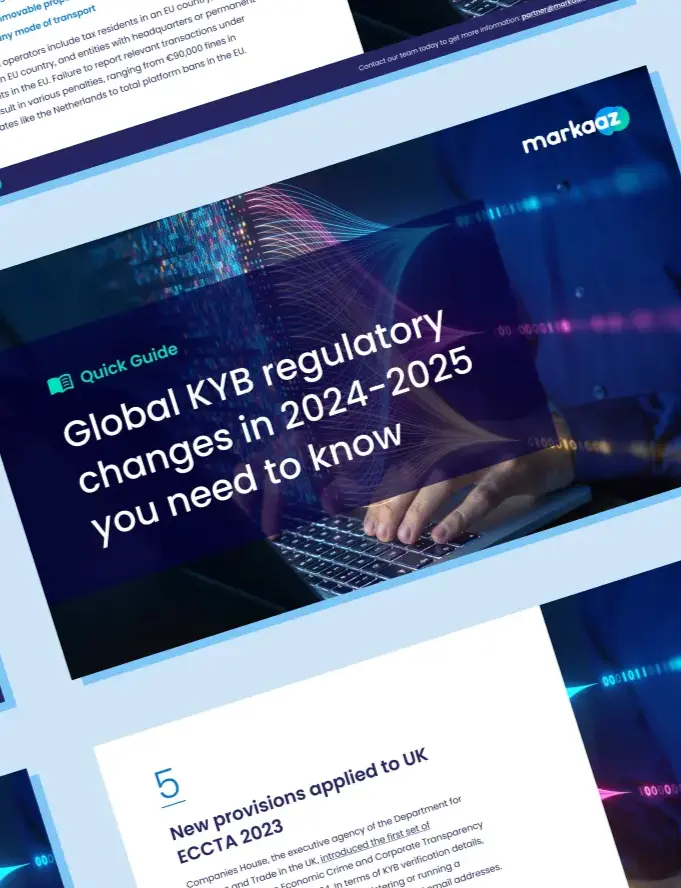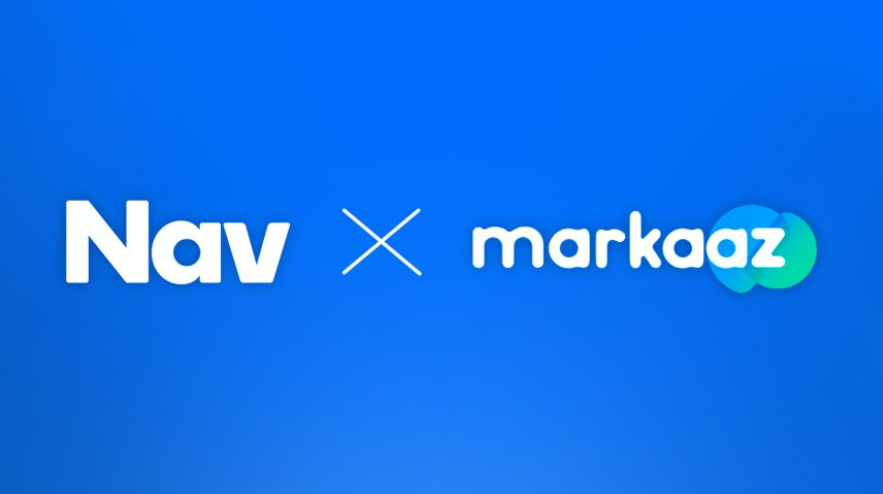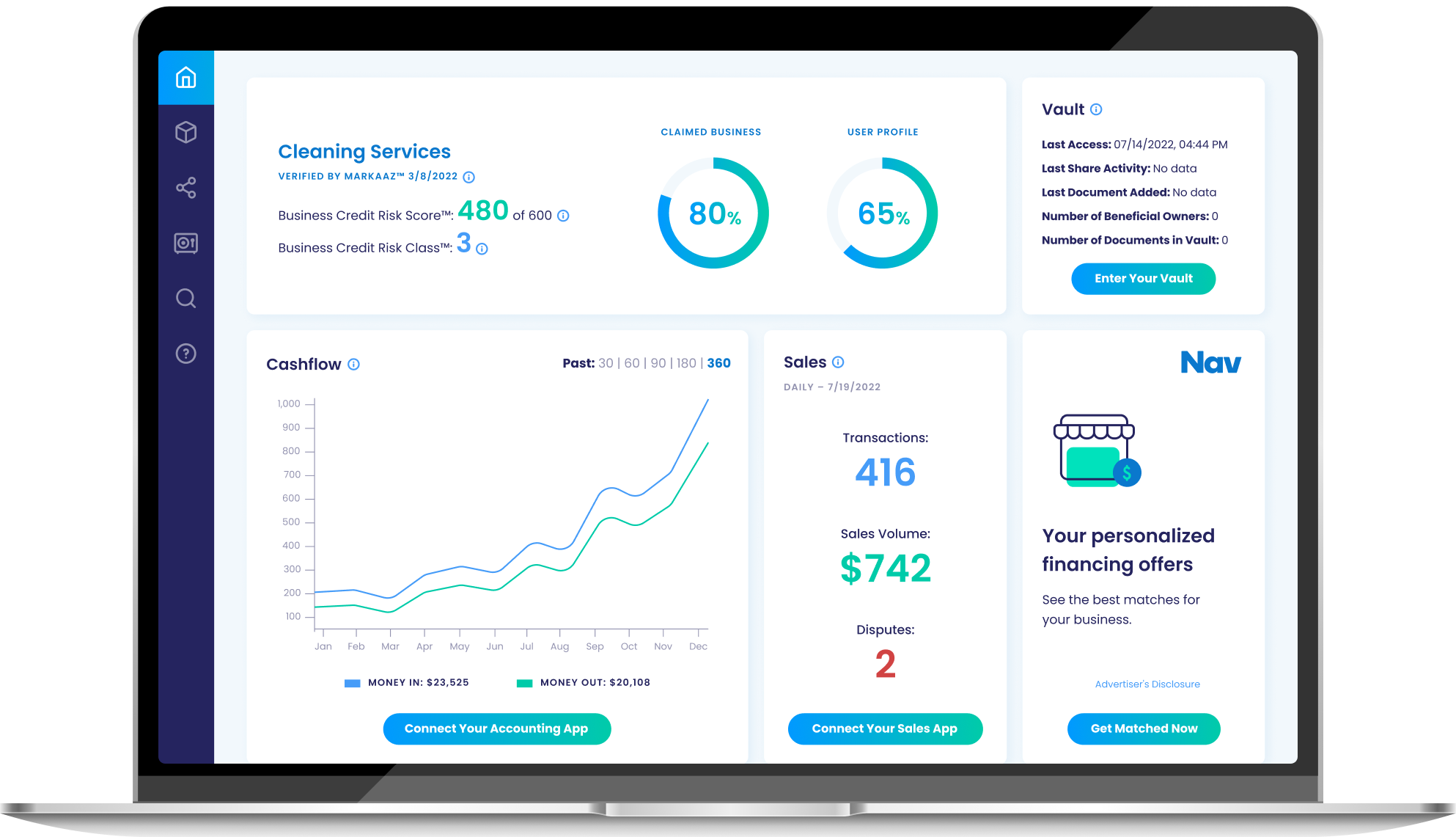Managing your supply chain is essential. You will work with these people, groups, and companies daily to ensure you have the right inventory at the right time.
The proper inventory is critical to keeping your cash flow and sales flowing. You’re entrusting these affiliates with your company’s name, reputation, or money.
How often has a vendor, contractor, or supplier sent you sub-par materials or done poor work? Or, even worse, has it become fraudulent and scammed you for your money? Here are some tips to make sure that the vendors you select are ethical, competent, and an excellent fit for your business
Ensure that your vendor or supplier is not on a government watch list
The US Patriot Act requires that all small businesses comply with the Foreign Corrupt Practices Act and the UK Anti-Bribery Regulations. You want to steer clear of any supplier or vendor that has been found to violate either of these acts or ends up on a government watch list. Ultimately, the headache caused by working with them won’t be worth your time and effort.
Interview multiple vendors
Like hiring an employee, choosing to work with a vendor is determined by various factors, including personality, quality of work, and cultural fit. Especially if you anticipate entering a long-term relationship with a vendor, ensuring they are a good fit is essential. Bring in a few different vendors you have identified as candidates and ask them the same questions.
Ask for references
Vendors should have a list of references for current clients willing to speak with you directly, including name and contact information.
Review their security, especially their digital security
The information you’ll share with the vendor will be somewhat sensitive. Whether it’s bank account information, Social Security Numbers, or technical specifications, you want to know this information will be secure. With the number of data breaches on the rise, especially among businesses, make sure to ask the vendor what security measures they have in place.
Make sure your vendor is financially stable
One of the most significant unknowns for any small business is the financial well-being of its vendor. Most businesses assume their vendors remain financially stable; however, circumstances have changed for many vendors in the current economy. Typically, this is only discovered when the vendor fails to perform.
Be proactive
Find vendors who take business continuity as seriously as you do and are willing to enter into responsible agreements with you to ensure that everyone’s needs are protected. If a vendor gives you the brush-off when you ask about their business continuity plan or tries to set up an on-site visit, be proactive: start looking for a vendor who can provide the same product and is willing to partner with you on the right terms.
Sources




